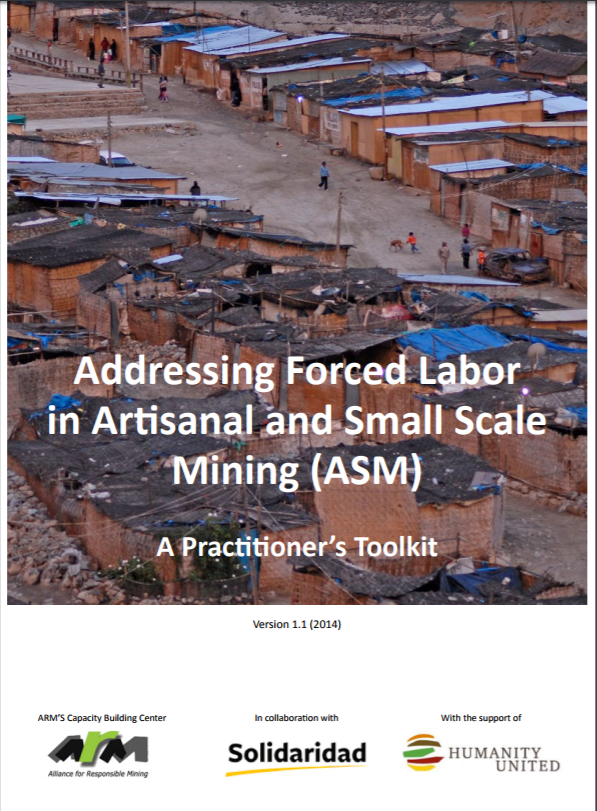Catching the Virus Cybercrime, Disinformation and the COVID-19 Pandemic
COVID-19 resourcesPublicationsCybercriminals have been among the most adept at exploiting the COVID-19 pandemic for the various scams and attacks they carry out. With a record number of potential victims staying at home and using online services across the European Union (EU) du...Read More

